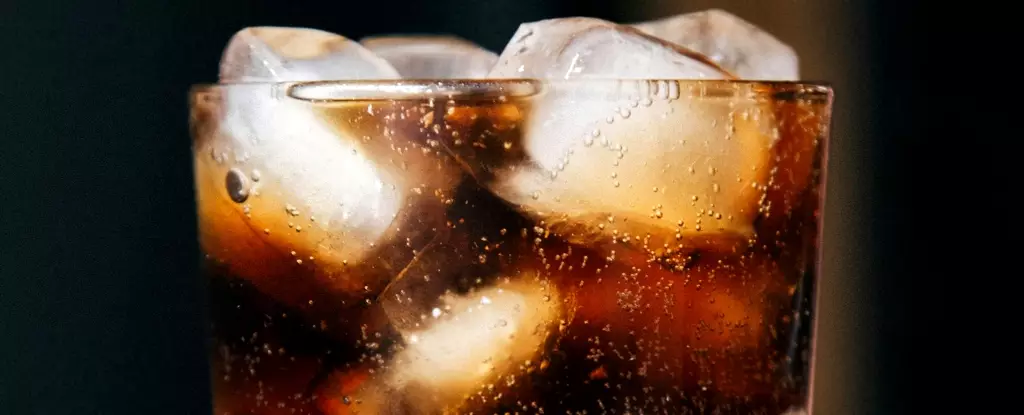Sugary beverages, such as sodas and energy drinks, wield a potent allure, often designed with hyper-palatable formulations that tantalize the taste buds. The mouthfeel of these drinks, characterized by overwhelming sweetness, is a deliberate tactic to engage pleasure centers in the brain. While the experience of indulgence is immediate, the longer-term consequences are alarming. Despite the excitement these drinks evoke, they typically offer little in terms of nutritional benefits, instead serving as a gateway to a plethora of serious health concerns.
Recent research presents an alarming picture regarding the health ramifications of habitual consumption of sugar-laden drinks. Primarily, these health threats manifest as tooth decay, obesity, metabolic disorders like type 2 diabetes, and cardiovascular diseases. The evidence is stark; new findings from Tufts University indicate that approximately 1.2 million new cardiovascular disease cases and 2.2 million new diabetes cases can be attributed annually to the intake of sugar-sweetened beverages (SSBs). The implications of these findings are profound, particularly in the context of global health trends.
While some developed countries report a decrease in sugary drink consumption, the situation remains critical in many regions, particularly in developing nations. Tufts’ study emphasizes the dark underbelly of globalization: despite declining trends in wealthier nations, low- and middle-income countries have become prime targets for the aggressive marketing of sugary drinks. “[These communities] are consuming harmful products and are often less equipped to address the long-term health consequences,” says Dariush Mozaffarian, a lead researcher in the study.
Particularly alarming statistics emerge from certain Latin American countries. In Mexico, almost a third of new diabetes cases are linked to sugary drinks, while nearly half of new cases in Colombia share the same correlation. Similar findings are echoed in South Africa, where 28% of new diabetes cases and 15% of new heart disease cases are attributed to these beverages. The repercussions of consuming these drinks touch all corners of society, exacerbating public health inequalities.
Researchers in the Tufts study classified SSBs as any beverage that includes added sugars and contains at least 50 kilocalories per 8-ounce serving. This classification encompasses a variety of drinks, ranging from commercial sodas to homemade lemonades. Notably, the study differentiates SSBs from sweetened milk and 100% fruit juices, although caution is advised regarding excessive consumption of these alternatives as well.
With comprehensive data drawn from the Global Dietary Database, reflecting the consumption patterns of approximately 2.9 million individuals across 118 countries, the study correlates these drinking habits with the rates of cardiometabolic diseases. Importantly, SSBs are implicated in 1.2 million new heart disease cases and over 2.2 million cases of type 2 diabetes worldwide on an annual basis, with a staggering death toll of about 80,000 from diabetes and 258,000 from heart disease linked to their consumption.
The alarming statistics underscore the need for a global awakening. Laura Lara-Castor, a key author of the study, emphasizes the urgency of implementing evidence-based strategies to reduce sugary drink consumption worldwide. While some awareness of the health risks associated with SSBs is gaining traction, progress is not uniform or swift enough to stave off the looming crisis.
The physiological impact of sugary drinks is significant; they are metabolized quickly, resulting in spikes in blood sugar levels without providing essential nutrients. Overconsumption promotes a cycle of weight gain and insulin resistance, contributing directly to serious health issues like type 2 diabetes and cardiovascular disease.
To mitigate these risks, proactive measures are necessary, particularly in high-consumption regions such as Latin America and Africa. A concerted effort to educate communities about the dangers of sugary beverages can help reshape consumption patterns and ultimately improve public health outcomes.
The evidence is irrefutable. The nightmare of sugary drinks, while initially enticing, harbors risks that are anything but sweet. As

